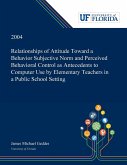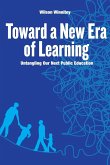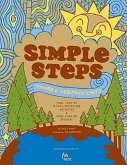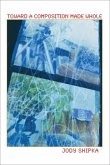The book is a critique on the structure of the English language. English lacks neutral causative expressions. Eat has a causative in feed, but other verbs do not have corresponding causative forms. That the need for a genuine causative construction is real can be shown by the various processes at work in the present-day English to express Causation learn, sit, stand, etc. are joining the ranks of verbs like grow, wake, etc. to be used both intransitively and causatively in informal English, though help, make, and have, without the infinitive marker to are being used to covey causation, but they do not sound authentic. In Indian languages, causative verbs are being formed morphologically. All these prove that grammar is constantly changing and evolving and not wired into the brain before birth. The book enunciates a program for direct well-meaning interventions to simplify and rationalize English, particularly its spelling. It also engages learners in cultivating rational thinking through short stories, episodes, and skits, written in a simple style, as exercises at the end of chapters. There is a wrong notion in the minds of most Indians that everything ancient is good and should be blindly followed, which creates an avoidable tension in the minds of young people exposed to scientific methods of studying natural phenomena.
Hinweis: Dieser Artikel kann nur an eine deutsche Lieferadresse ausgeliefert werden.
Hinweis: Dieser Artikel kann nur an eine deutsche Lieferadresse ausgeliefert werden.








